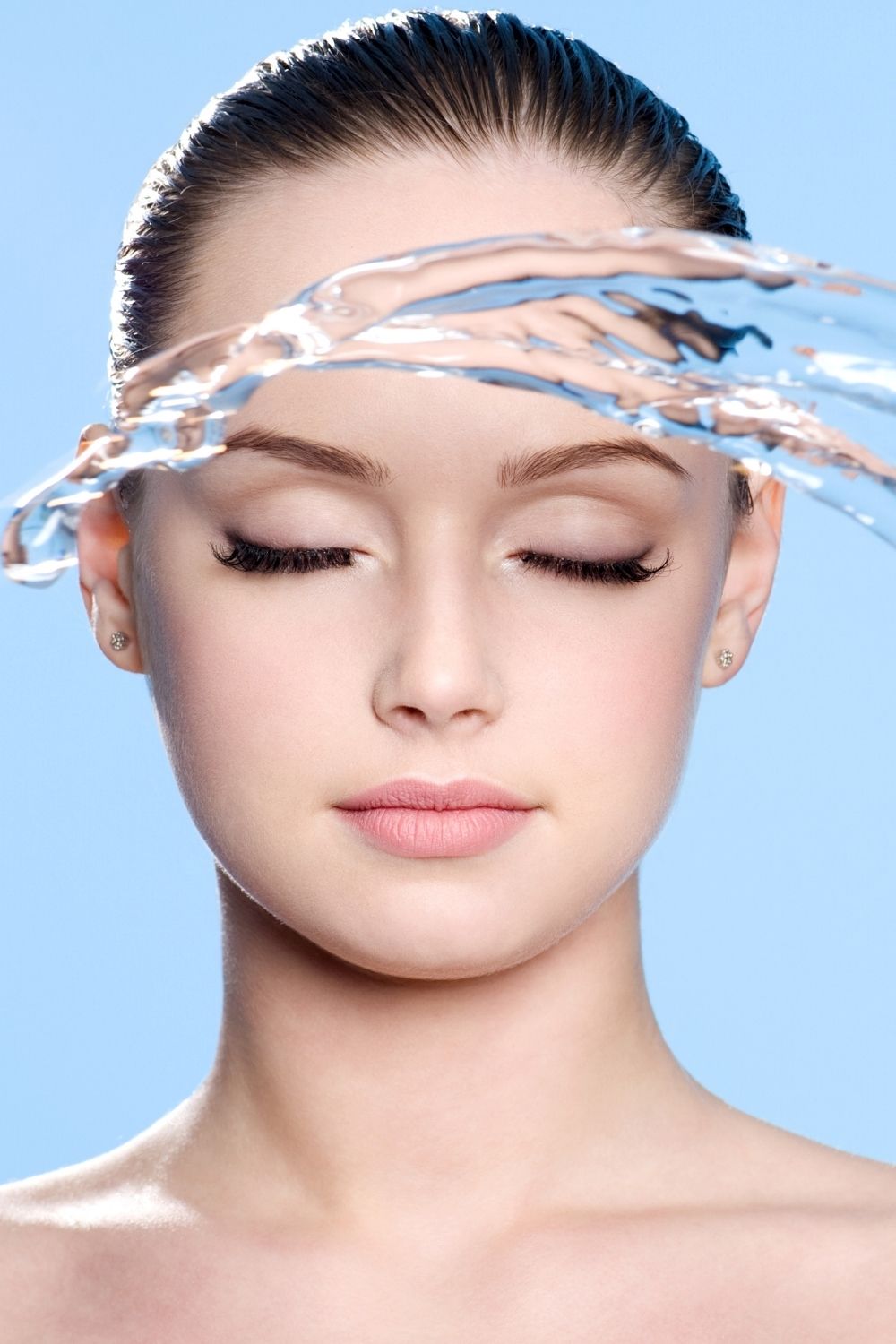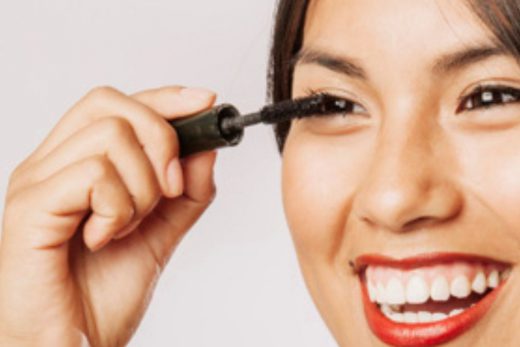The Food and Drug Administration (FDA) originally ruled that hydroquinone products with concentrations of 2% are generally recognized as safe and effective.
However, in 2006, the FDA proposed that the National Toxicology Program conduct additional studies on hydroquinone because of some research indicating that hydroquinone can act as a carcinogen in rats and mice when taken orally. Various studies are currently in progress.
“Because of its extensive use internationally, there are a lot of studies on this molecule, some suggesting that it might be carcinogenic, But overall, it is a rather safe molecule, when used short-term by experts.”
Alternatives to hydroquinone
Skin-lightening ingredients besides hydroquinone include azelaic acid, glycolic acid, kojic acid, retinoids (retinol, tretinoin, adapalene gel, or tazarotene), and vitamin C, so look for creams that contain one or more of these agents.
As with hydroquinone creams, be sure to seek out products that are made in the United States or recommended by your dermatologist, since other countries don’t regulate cosmetic products as closely and they could contain potentially harmful ingredients.
“While I do use hydroquinone for my patients, I also use other ingredients that help block that pigment-making enzyme,” Dr. Kormeili says. “These ingredients include azelaic acid, kojic acid, and licorice. In combination with topical tretinoin — not retinol! — they work rather well.”
Bleaching creams aren’t the only options for lightening hyperpigmented skin. Other skin lightening treatments include laser lightening, photorejuvenation, laser resurfacing, chemical peels, tranexamic acid, and glutathione injections.
Each option comes with its own side effects and risks, and a dermatologist will be able to advise you on the best course of treatment for your hyperpigmentation and skin tone.
“Like everything else in medicine, one hyperpigmentation treatment may work for one person and may not work as well for another,” Dr. Khatri says. In addition, providers can recommend a tapering protocol with an alternative topical agent to prevent rebound or re-pigmentation of the areas when hydroquinone is discontinued.
Hydroquinone is one of the staple solutions to hyperpigmentation, and there is a reason it’s still widely used after all these decades. In the vast majority of cases, it works, at least to some extent. However, if you’ve tried hydroquinone and it didn’t work or you’re looking for faster results, ask a doctor for more information about other skin lightening products and procedures.





